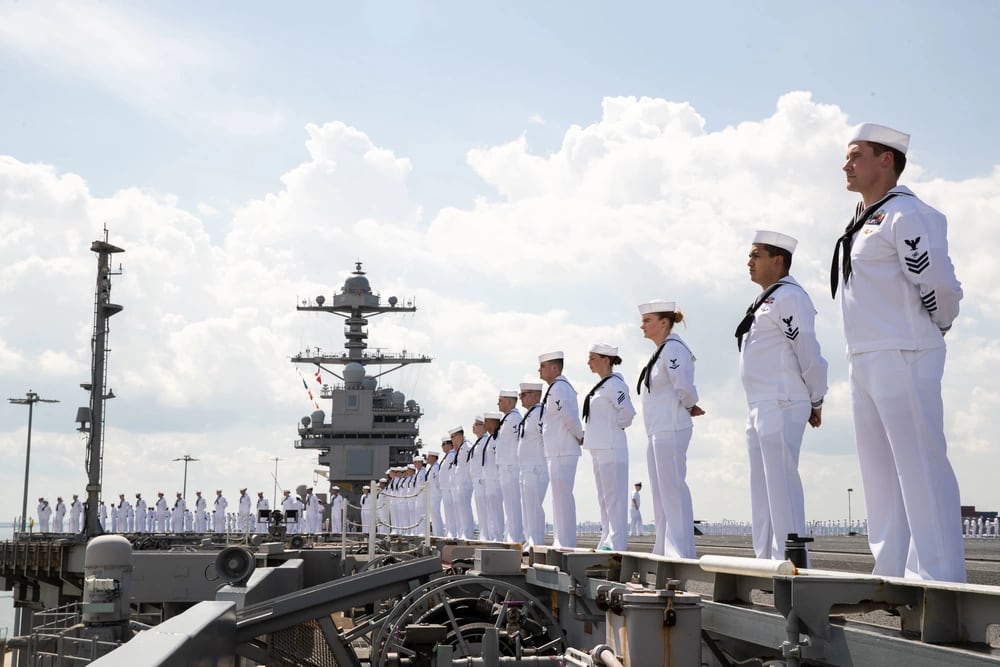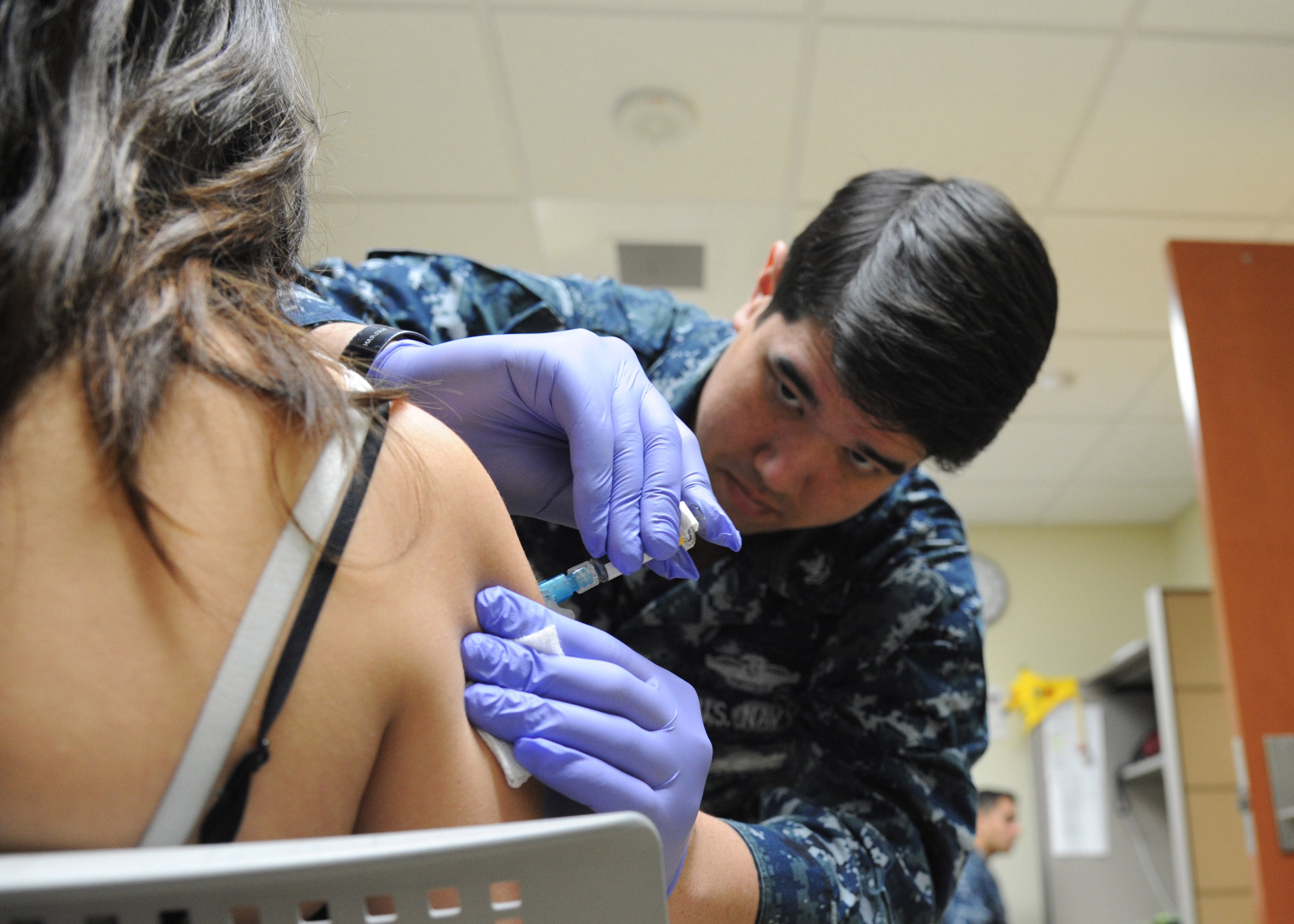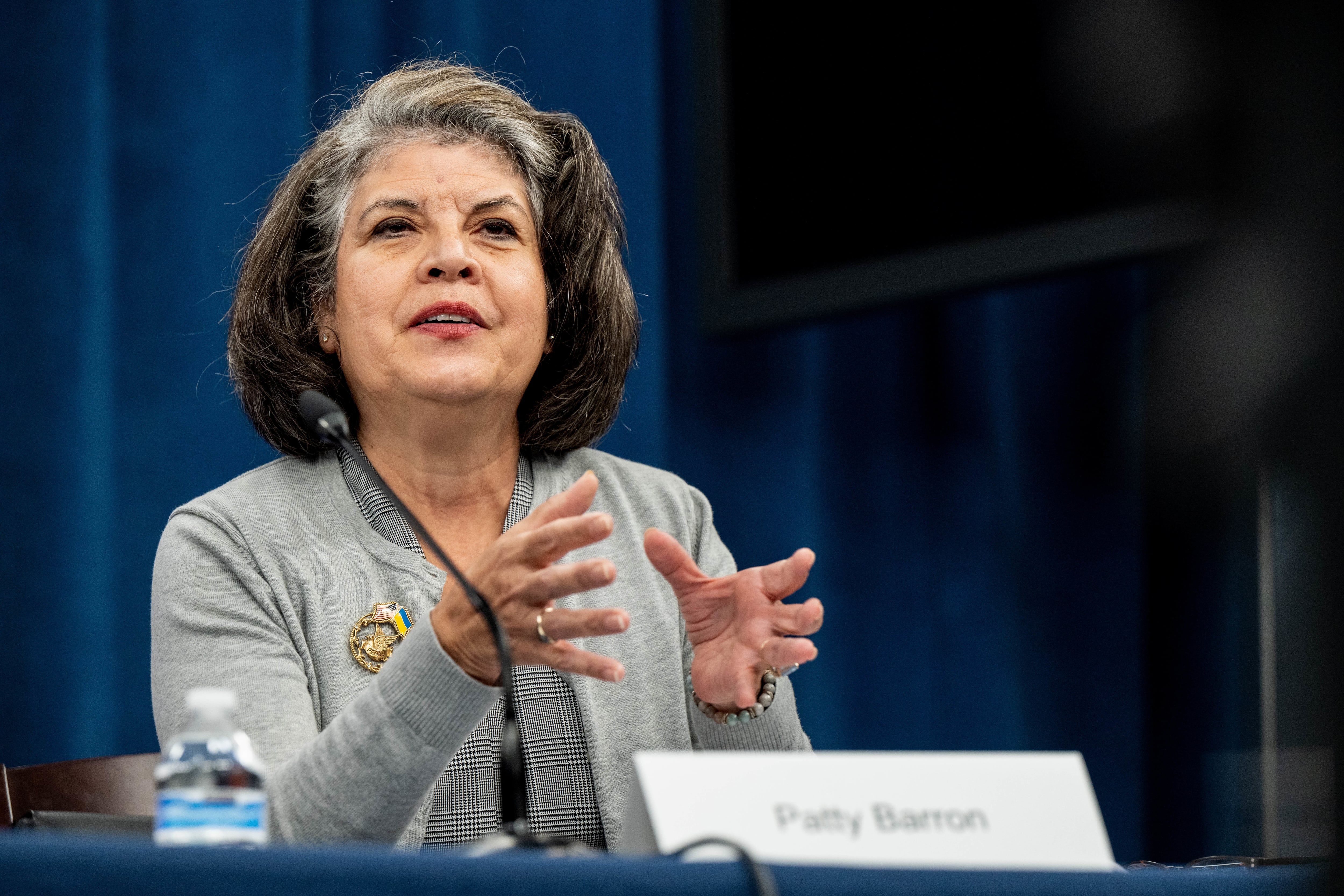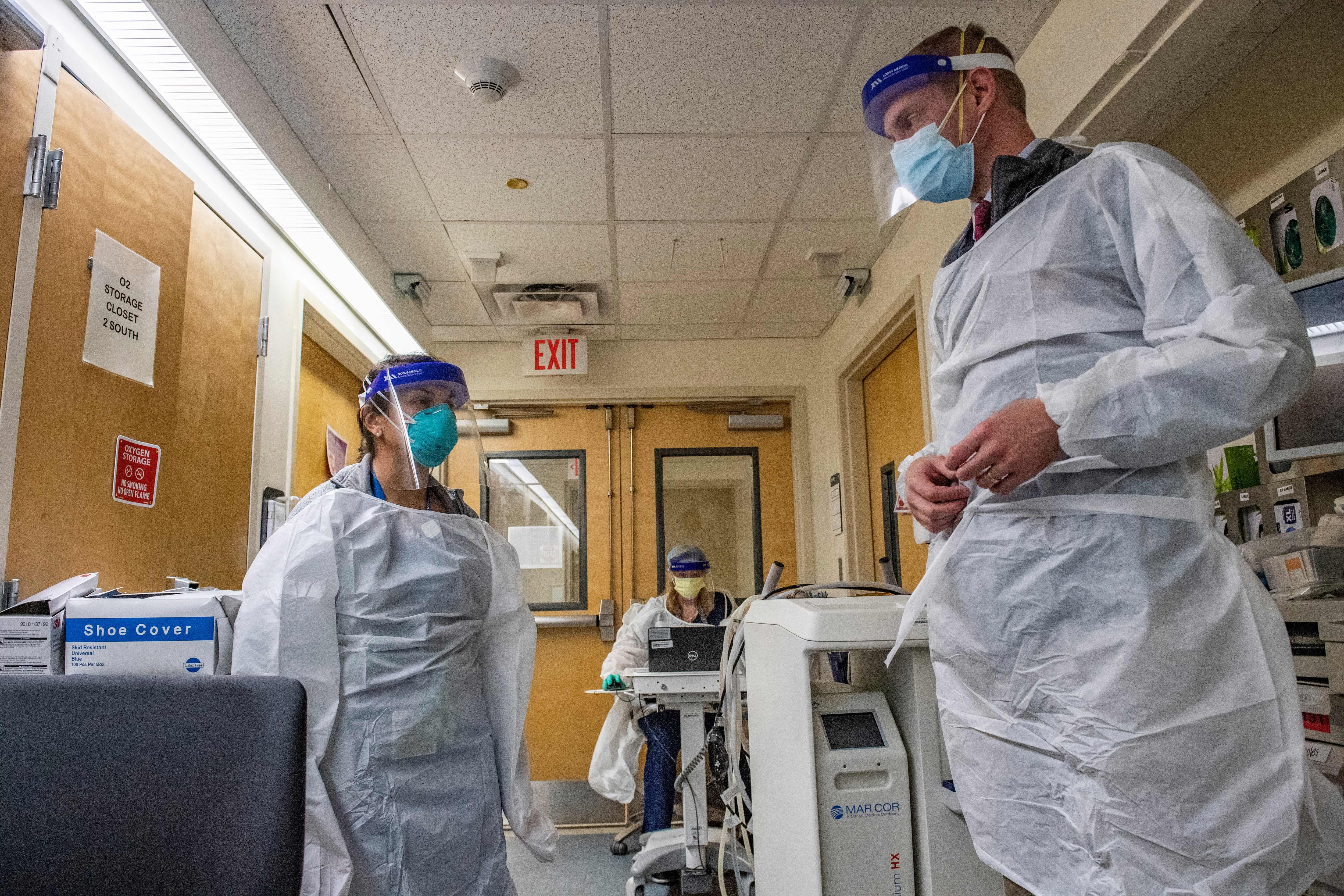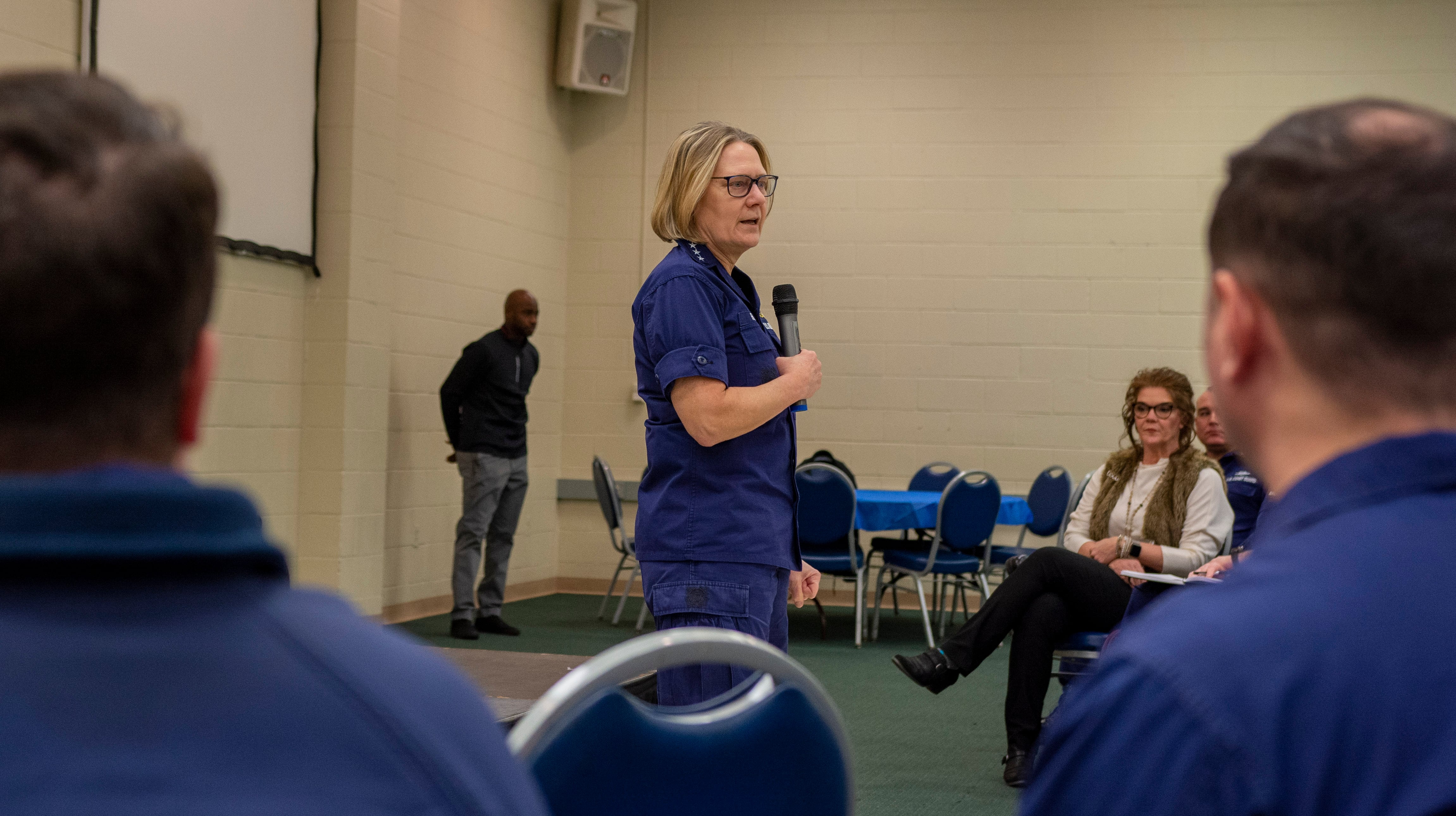The Navy released a “Mental Health Playbook” Tuesday that aims to facilitate mental health conversations between commanders and their sailors and eliminate the oft-perceived stigma associated with seeking help.
“This playbook is designed to assist Navy leaders in preventing, mitigating or addressing mental health issues within your commands,” it states. “This work begins well before a mental health issue occurs. It starts with the climate our leaders create and how you lead the people in your care.”
To that end, it delineates three roles expected of every leader, from the deckplate to the command triad.
♦ It requires leaders to set conditions by creating a “climate of trust and respect with open, two-way communication; challenging inappropriate conduct or poor leadership; and eliminating stigma for seeking help.
♦ It encourages them to use empathy and have conversations that go beyond professional performance; engage in active listening during challenging conversations; to be on the lookout for behavior changes, and to consult with chaplains and clinicians.
♦ It creates an expectation that leaders will help their sailors get care, if needed, and keep them on the team. It also provides guidance on ways to connect sailors with available mental health resources.
The effort to address sailors’ mental health issues comes following a series of suicides last year aboard the aircraft carrier George Washington. Simply hiring more mental health providers is not a realistic option, given the nationwide shortage of such professionals. Leaders, at all levels, must be willing to step up, according to the Navy.
The Navy’s Mental Health Playbook, February 2023
“We’re aware of the challenges that many have experienced in getting sailors to the mental health resources available to them,” Rear Adm. Brett Mietus, director of the Navy Culture and Force Resilience Office, told reporters Monday. The playbook is “a solution to addressing some of these challenges, putting tools in the hands of every Navy leader, no matter the rank.
“Our goal is that everyone in our great Navy develops a shared understanding about how to conduct mental health preventative maintenance for our people, and then where to go for additional resources,” he said.
‘Rooted in our culture’
The playbook directly addresses the stigma that can be attached to seeking help with mental health issues in the military, and urges leaders to “use appropriate language that does not stigmatize” and to refrain from becoming judgmental as these conversations become more normalized.
RELATED
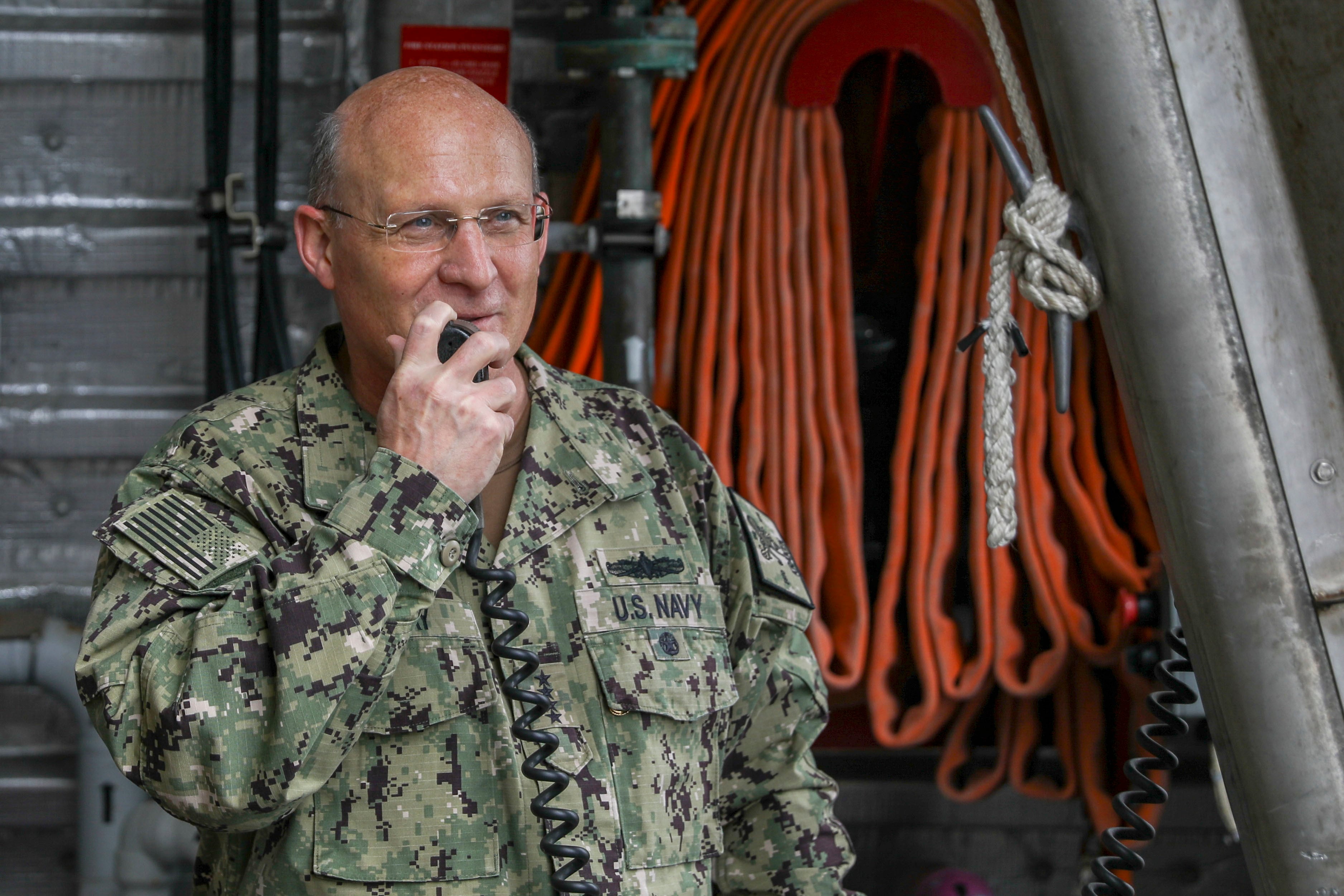
“The stigma associated for getting help for mental health illness or disorders has unfortunately been historically rooted in our culture,” it says. “As a leader, you should be explicit in letting people know it’s OK to ask for help. Further, when appropriate, asking, ‘Are you thinking about suicide?’ can be essential to getting someone help.”
The guidance also provides instructions on navigating mental health care support systems for sailors, from nonclinical tools within commands like chaplains, to clinical tools outside commands like military treatment facilities and clinics.
“Most all of the resources that are in the playbook have been out there, but they just haven’t been put together in a way that is easily digestible and then usable by a Fleet leader,” Mietus said. “And so it’s really bringing all that expertise to bear so that somebody can sit down and learn about this — learn about what their roles and responsibilities are, how to have conversations that matter, and then how to identify concerns and get people to the right help.”
In January, Navy senior leaders acknowledged that suicides across the fleet are a major concern that they are attempting to address. Chief of Naval Operations Adm. Mike Gilday said at the annual Surface Navy Association conference that the issue is a “vexing” problem for the Navy, and that current efforts to improve mental health are not sufficient.
A total of 70 sailors died by suicide in 2022, an increase from 59 suicides in 2021 and 65 in 2020, according to the Navy. That includes the suicides of three sailors assigned to the aircraft carrier George Washington in April 2022.
An investigation into the George Washington suicides determined the deaths were not related. However, the report also characterized the ship’s psychologist and the behavioral health technician as “overwhelmed,” and said sailors in need of help encountered a backlog of roughly four to six weeks for initial appointments.
“The connectedness between us and amongst us is really, critically important,” Gilday said. “The first line of defense even goes below chief petty officers in terms of understanding, or trying to understand, what’s going on in the day-to-day lives of our shipmates. And if anything, our message is, ‘Stick around. We need you. We can help you.’
“There are multiple ways that we can do it, yet it’s still a vexing problem because people still choose to take their lives,” he said. “And so I would tell you, that’s what keeps us awake at night.”
Troops and veterans experiencing a mental health emergency can call 988 and select option 1 to speak with a VA staffer. Veterans, troops or their family members can also text 838255 or visit VeteransCrisisLine.net for assistance.
